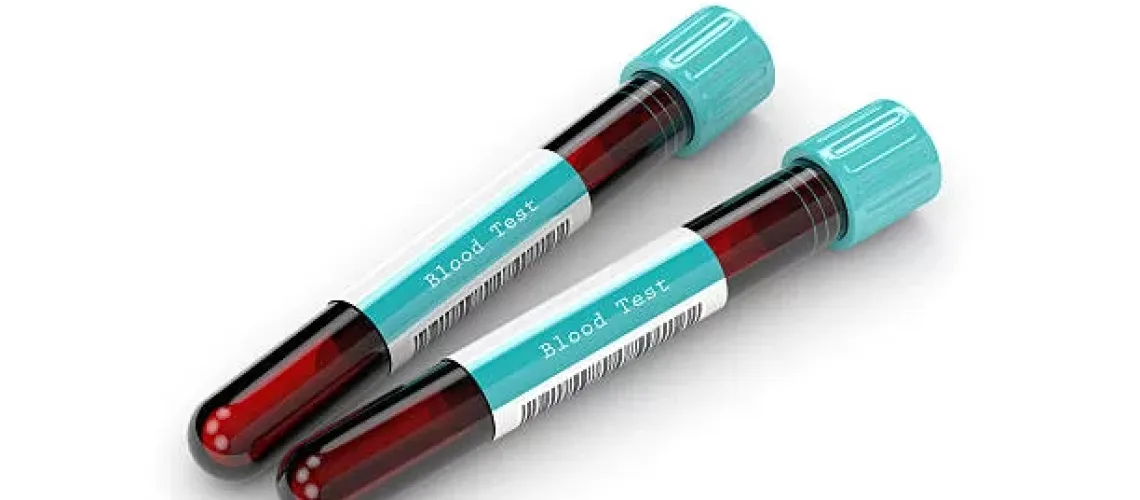Testing progesterone levels via a blood test is quite a common path when working on your
menstrual health and/or fertility.
However, progesterone can’t be tested on any random day, as high levels of progesterone
are released at a very specific point in the menstrual cycle.
The best time to test progesterone via a blood test is half way through our luteal phase (we do have a bit of wiggle room within a day or two here). It is via the process of ovulation that we create large quantities of progesterone, and approximately a week after ovulation is when levels will be at their highest.
However, most women are told to test their progesterone on Day 21 of their menstrual cycle, this is based on the assumption that ovulation occurred on Day 14, and 7 days later the levels are at their peak.
Hopefully you can already see the problem with this.
It is very common to not ovulate exactly on Day 14; and it’s more than okay if you don’t! But assessing hormone levels based on a theoretical textbook cycle as opposed to what your cycle is actually doing is getting you nowhere, and frankly a waste of your time!
As an example, if you have a historically long menstrual cycle of 34 days, and typically ovulate around Day 30; the best time to test progesterone would be Day 37. Testing on Day 21 in this case will no doubt give a result of very low/undetectable levels (as you haven’t ovulated yet or made progesterone) which can cause completely unnecessary worry, and is just inaccurate.
What if you haven’t had your period in months or just have no idea when you are actually
ovulating to figure out when is best to test?
This is the exact type of situation where tracking your BBT is incredibly useful, as you are able to see when you are ovulating each cycle (as it can change between cycle to cycle) and then have the information in black and white when in your cycle would be the best time for you as an individual to test your progesterone. This will provide far more accurate results rather than simply guessing which day or needing to redo the rest several times.
So next time you are told to test progesterone on day 21, you can do a smile and nod, knowing you are actually going to test on the day that is relevant for YOUR cycle.





